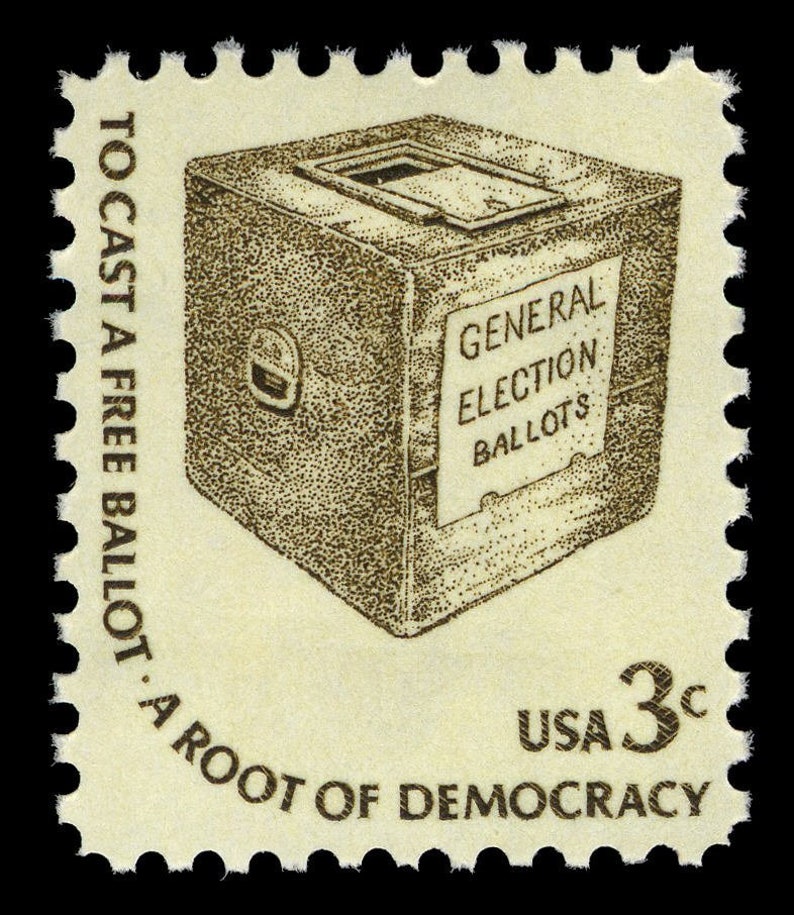To the Editor,
In his recent interview (“’I had to deal with raw fear’,”
September 17, 2018), former Treasury Secretary Henry Paulson claimed, “The
timing, cause, and severity of the next financial crisis are impossible to
predict. Of course someone will get it right and will be credited with
doing so, but he or she won’t spot the next one.” Having warned about the
late ‘80s Japan bubble, late ’90s tech bubble and mid ‘00s credit bubble (“
For Whom Do the
Bells Toll?,” June 18, 2007), I’ll take that as a challenge. The root
cause is always artificially low rates set by central banks. Since this
period of low rates was longer (7 years vs. 2 ½ from 2002-04), deeper and more
global, the next crisis will be more widespread and prolonged. As for
timing, it’s anyone’s guess but with rising rates, narrowing leadership (just 5
of 35 country stock markets up on the year), investor euphoria (record low cash
levels at Schwab), and wild speculation (first cryptocurrencies, now cannabis
stocks), the lights are flashing red.
There are plenty of areas of fragility. Within the
U.S., since the end of 2008 student loan debt is up 127%, auto loan debt 57%,
corporate debt 76%, public debt 98%. Margin debt has more than
tripled. Outside the U.S., Canada and Australia are experiencing housing
bubbles while emerging market debt has gone from 110% of GDP to 194% according
to the Bank for International Settlements. Other potential landmines:
Chinese corporate debt has increased by 64% of GDP, Italian government debt by
40% of GDP, and Japanese government debt by 61% of GDP.
Unlike the tech and credit bubbles, which were
sector-specific, the bubble today is in “everything.” This is the true
legacy of Paulson, Geithner, Bernanke, Frank & Co.
~ Kevin Duffy, letter-to-the-editor sent to
Barron's, but never published, September 21, 2018




